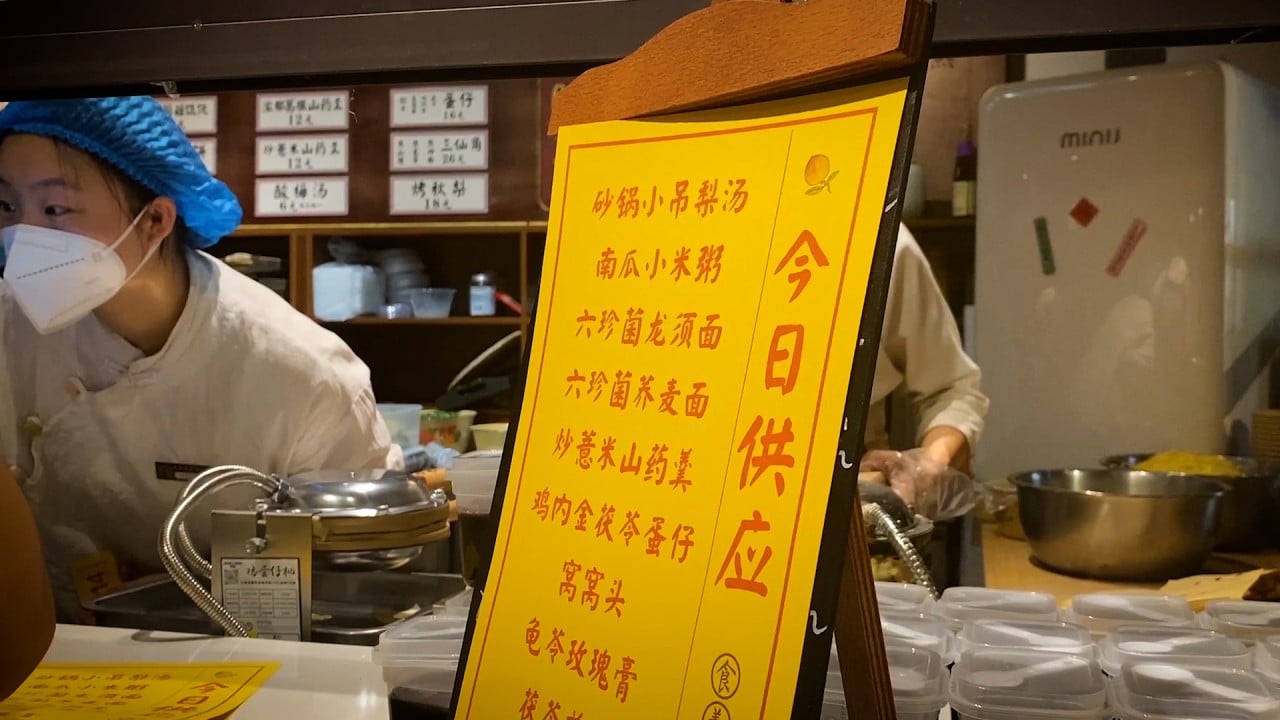“With the rich experience and technology sharing from the [Guangdong hospital], I believe that the Chinese Medicine Hospital of Hong Kong will be able to launch its services smoothly,” he said at the signing ceremony.

“Hong Kong’s Chinese medicine sector should seize the opportunity to capitalise on our characteristics and strengths … to demonstrate the value of traditional Chinese medicine and the collaboration between Chinese and Western medicine to the world.”
The board of the hospital also announced the members of its management team.
Leading Chinese medicine expert Professor Bian Zhaoxiang has been appointed as its chief executive.
The construction of the hospital, which started in 2021, is scheduled to be completed in 2025.
It is expected to open its doors in late 2025 and provide outpatient treatment in the first year, with inpatient services added the next year.
Hong Kong TCM practitioners ‘can play bigger role’ in primary healthcare
Hong Kong TCM practitioners ‘can play bigger role’ in primary healthcare
The hospital, in Pak Shing Kok in Tseung Kwan O, is expected to open all of its 400 beds by 2027, including 250 in inpatient wards, 90 in day wards, 40 in paediatric wards and 20 in the clinical trial and research centre.
Bian said 65 per cent of its services would be subsidised by the government and the other 35 per cent would be provided by the private sector.
“This is a Chinese medicine hospital, but there will be a number of Western medicine examination facilities, including those for laboratory testing, X-ray and computerised tomography scans, magnetic resonance imaging and ultrasonography,” Bian said.
“There will be a number of Chinese medicine inpatient wards, which is the first time in Hong Kong’s history that there will be such services.”
Bian, who was Baptist University’s associate vice-president for Chinese medicine development, said managing Chinese medicine hospitals could be “challenging” because the city only had experience in the operation of Western healthcare.
He added that Hong Kong could focus on providing high-quality services for its patients and those who required stroke rehabilitation and pain management would benefit most from the hospital’s services.
Administrative matters such as manpower planning and fees would be determined after the yearly plan was formulated, he added.
Dr Arthur Lau Chun-wing, appointed as the deputy chief executive in Western medicine, said he hoped the hospital would capitalise on the advantages of the two types of treatment.
Could traditional Chinese medicine be key to treating cardiac disease?
Could traditional Chinese medicine be key to treating cardiac disease?
“I hope we can formulate standards that can serve as the blueprint for the world to follow and reference,” Lau, previously the deputy chief executive at the Pamela Youde Nethersole Eastern Hospital in Chai Wan, added.
The hospital will provide traditional Chinese medicine services and integrated Chinese-Western medicine services.
Its Chinese medicine specialities include internal medicine, external medicine, gynaecology, paediatrics, orthopaedics and traumatology, as well as acupuncture and moxibustion – a form of therapy that entails the burning of mugwort leaves.
There will also be allied health services, as well as training and education facilities.














